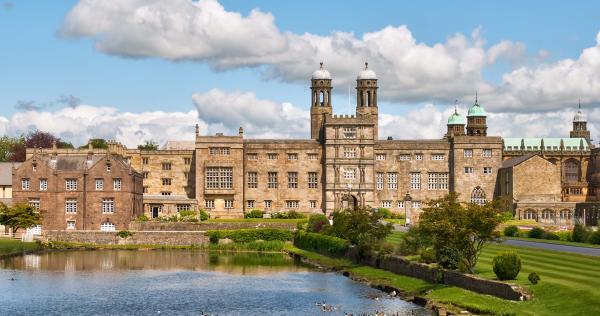arbabarshad
Well-Known Member
- Joined
- 6 Jan 2011
- Messages
- 692
The Financial arguments in isolcation might seem that. But it is not a financial issue alone. It is kid's education and future. Cost benefit of overall financial revenue raised Vs negative impacts on kids education and their future. I am not sure if you can measure it in numbers but whatever way you look at it, it ends up seeming like a symbolic policy.The 10,000 is *less* than the proportionate drop in state schools this year!
The 60,000 is a figure frankly dreamt up by the private school industry.
IFS:
2. The share of pupils across the UK in private schools has remained around 6–7% for at least the last 20 years (or about 560,000–570,000 pupils in England). This has occurred despite a 20% real-terms increase in average private school fees since 2010 and a 55% rise since 2003. Unsurprisingly, private school attendance is largely concentrated at the very top of the income distribution.
Our best judgement is that it would be reasonable to assume that an effective VAT rate of 15% would lead to a 3–7% reduction in private school attendance. This would likely generate a need for about £100–300 million in extra school spending per year in the medium to long run
Note also
If demand for private schooling reduces as a result of increases in post-tax fees, the additional tax revenue raised would likely be unaffected. This is because any reduced revenue from VAT on private school fees will likely be made up for by higher VAT revenues on other goods and services, holding overall consumer spending constant.

Tax, private school fees and state school spending | Institute for Fiscal Studies
This report compares private school fees and state school spending. It also examines Labour’s proposals to remove tax exemptions from private schools.ifs.org.uk
The financial arguments against this are farcical.
